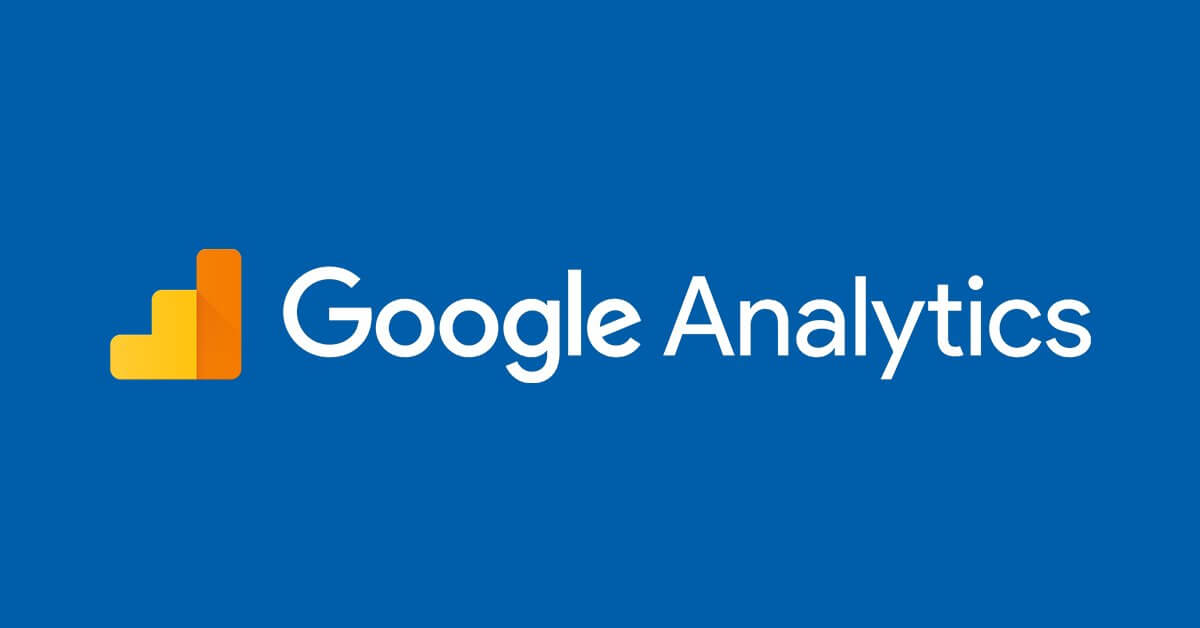Would you like to know When does the Analytics Tracking Code send a Pageview Hit to Google Analytics, this post will provide you with information about that.
In today’s digital age, understanding the behavior of website visitors is crucial for website owners. Google Analytics is a powerful tool that provides valuable insights into user engagement, conversion rates, and overall website performance.
One of the fundamental elements of Google Analytics is the Analytics Tracking Code, which plays a key role in collecting data. In this blog post, we are going to explore when does the Analytics Tracking Code send a Pageview Hit to Google Analytics and its significance in website analysis.
What is a Pageview Hit?
A Pageview Hit in Google Analytics refers to the measurement of a user visiting a specific page on a website.
It is a crucial metric that helps website owners understand how often visitors view their pages.
By tracking pageviews, you gain insights into the popularity of your content, user navigation patterns, and the effectiveness of your marketing efforts.
Read More: The Default Session Timeout Duration in Google Analytics is How Many Minutes?
How the Analytics Tracking Code Works
The Analytics Tracking Code is a JavaScript snippet that needs to be implemented on every page of your website.
When a visitor loads a page, the code executes and captures relevant information about the user’s interaction.
This information is then sent to Google Analytics for analysis.
The key components of the Analytics Tracking Code include the JavaScript snippet and a unique tracking ID associated with your Google Analytics account.
Read More: Which Three Tags Does Google Analytics Require for Accurate Campaign Tracking?
Triggers for Sending Pageview Hits
Initial Page Load
When a visitor lands on a website for the first time or accesses a new page, the Analytics Tracking Code sends a Pageview Hit to Google Analytics.
This is the most common trigger for capturing pageviews.
It is essential to ensure that the tracking code is correctly implemented and executed at the right time during the page load to capture accurate data.
Single-Page Applications (SPAs) and AJAX-based Sites
SPAs and AJAX-driven websites present a challenge for tracking pageviews since the content is dynamically loaded without full page refreshes.
In these cases, you need to manually trigger Pageview Hits when the content changes, ensuring that Google Analytics captures the user’s interactions accurately.
Virtual Pageviews
Virtual pageviews allow you to track specific interactions on your website that do not correspond to an actual page load.
For example, submitting a form, playing a video, or viewing a modal window.
By defining and implementing virtual pageviews, you can gain insights into these interactions as if they were actual pageviews.
Read More: How To Use Search Console Bulk Data Export?
Best Practices for Pageview Tracking
To make the most of pageview tracking in Google Analytics, consider the following best practices:
* Ensure the Analytics Tracking Code is implemented correctly on every page of your website.
* Use asynchronous loading to prevent delays in page rendering caused by the tracking code.
* Implement proper tracking for dynamic content and single-page applications to capture accurate pageview data.
* Customize pageview tracking to align with your business objectives and track important interactions using virtual pageviews.
* Regularly review your website’s content structure and ensure that it aligns with the pageview tracking setup.
Read More: Google’s ‘Helpful Content Update’ to Promote Hidden Gems and Demote Unhelpful Content
Conclusion
Understanding when does the Analytics Tracking Code send a Pageview Hit to Google Analytics is essential for gaining meaningful insights into user behavior on your website.
By correctly implementing and optimizing pageview tracking, you can measure user engagement, identify popular content, and make informed decisions to improve your website’s performance.
Take advantage of the Analytics Tracking Code and harness the power of Google Analytics to unlock valuable insights about your website visitors.



